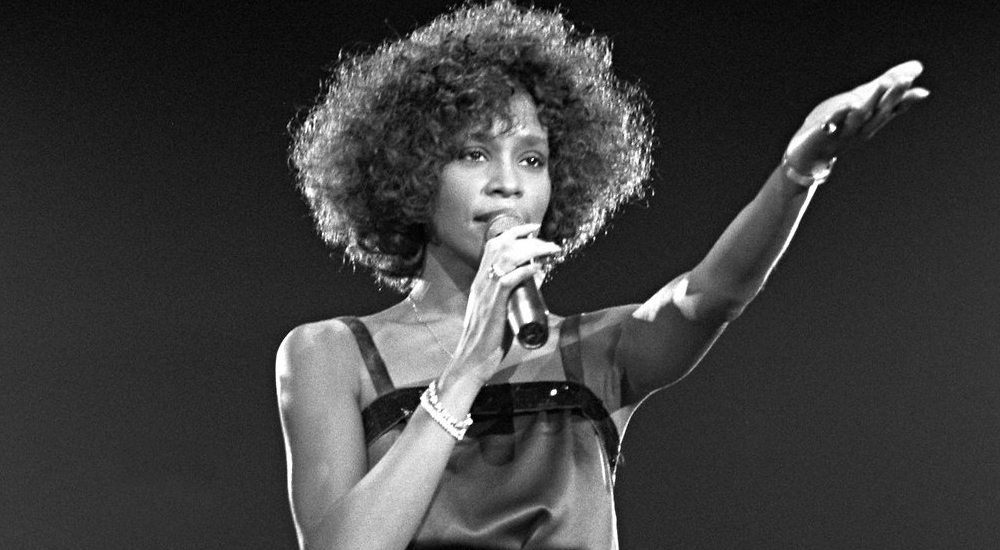The rise and fall of Whitney Houston is one of the most tragic stories in the history of popular music. Already a star in her early 20s, she became the best-selling female solo artist ever at the time, hitting her peak in the early '90s as the star and soundtrack anchor of The Bodyguard. But personal turmoil, a difficult marriage to singer Bobby Brown, and a serious drug problem caused her to spiral, with addiction eventually taking her life in 2012. The conventional wisdom is that this bright, innocent star was led astray by Bobby, but Whitney pulls back to show that drug use, distrust and co-dependency were long part of her life before she ever met the former New Edition star.
Directed by Oscar winner Kevin MacDonald, Whitney isn't afraid to push into the dark history of the Houston family, which hides secrets that are tragic, but sadly all too common: infidelity, abuse and squabbling over money.
But the film isn't merely a chronicle of misery. The first half does focus on Whitney the entertainer, who was no ordinary pop star. Many interviewees refer to her as the greatest female vocalist of all time, and it's not hyperbole. Her debut album, one of the biggest albums ever, remains one of the best pop records of all time. Her incredible voice separated her from the rest of the pack, which focused more on image and production. (One scene of home video shows Whitney and her mother Cissy going in on Janet Jackson and Paula Abdul.)
Still, Whitney had a fraught relationship with her fans. Her later albums drifted away from R&B and into pop, leading to her getting booed at the Soul Train Awards in 1989 for "being too white." But MacDonald flips this in the next scene with Houston's iconic performance of "The Star-Spangled Banner" at Super Bowl XXV. Even today, some African-Americans have (understandably) complicated feelings about the national anthem, but her performance inspired Americans of all races and ethnicities. The film complicates it further still, by contrasting the patriotic images with footage from the 1967 riots in Whitney's hometown of Newark, New Jersey.
While it was drug use that killed Whitney, the film makes it clear that her undoing was that her closest friends were also her biggest enablers. Her brother Michael admits he was the one who introduced her to marijuana and cocaine on her 16th birthday. Her ex-husband Bobby Brown refuses to talk about it, while the head of the record label during her heaviest drug use (L.A. Reid) tries to get us to believe he had no idea there was any at all. The tragedy is magnified since this impacted Whitney and Bobby's daughter Bobbi, who died in a similar manner to her mother three years later. The only living confidant not interviewed here is Robyn Crawford, who family confirms was more than a friend, but also one of the few to call Whitney out on her addictions, which led to a serious falling out.
While not every flourish works – montages conflating Whitney’s success with America’s success and her decline with America’s decline feels a little clumsy – this is another strong documentary in a year full of them. It's the opposite of Won't You Be Neighbor? You won't be walking out feeling optimistic, but it will make you want to celebrate Whitney's music.

